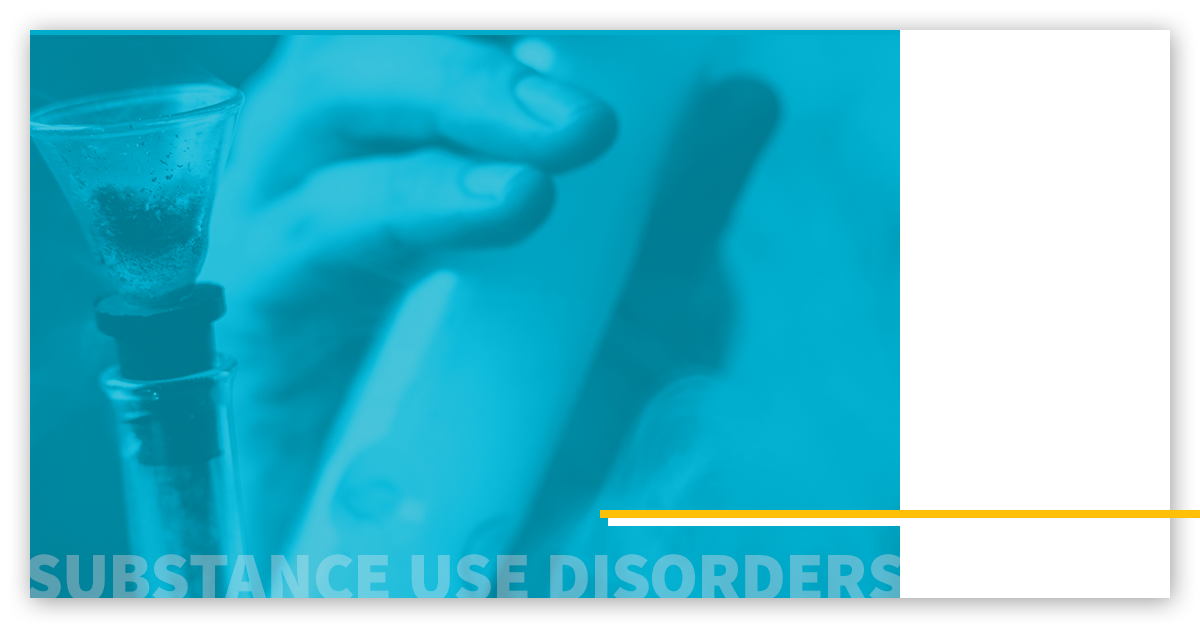Substance Use Disorders

LISTEN TO THIS ARTICLE:
People with substance use disorders continue to use alcohol and/or drugs even when faced with severe consequences. People sacrifice their loves, hopes, and dreams to continue to chase the “high” from their drug of choice. While not really a “substance” gambling is included here because it shares qualities of other addictions.
What are Substance Use Disorders?
Addiction is not a failure of willpower or a weakness of character. These people cannot simply “decide” to stop doing drugs.
But why? What is so powerful about all these different kinds of drugs that people keep using even when their lives are falling apart around them?
Although the drugs in question have different chemical make-ups and various mechanisms of action, all drugs of abuse have a single common pathway that leads patients down the road of addiction.
The choice to first use a substance is the person’s own entirely. However, with the right environment and genes, numerous uses lead to permanent changes in brain circuitry. All drugs activate the brain’s “reward circuit”, the part of the brain responsible for feelings of pleasure and motivation. Normally, people work hard at their jobs, find love with their soul-mates, and engage in their hobbies to get these feelings. Substance use enables people to skip those steps and get right to the gratification, the “high”.
As people continue to use drugs, the brain reacts less and less, not only to the drugs, but also to the other activities that people used to enjoy so much. In response, people ramp up the amount of drugs and neglect everything else. Now, they are at the mercy of powerful urges, stronger even than the desire to drink, eat, or even live. Ultimately, this spirals out of control, leading people to sacrifice the things they once held dear.
Who gets Substance Use Disorders?
Big numbers
Almost 25 million Americans (over 9% of the population) used illegal drugs (or misused prescription drugs) in the past month. Additionally, in the past year, over 17 million people met criteria for Alcohol Use Disorder and almost 56 million people were current smokers.
Bad genes
Regardless of the drug in question, genetics accounts for about 50% of the risk of developing a substance use disorder. If you want to know if you’re at risk, look at your parents’ and grandparents’ histories.
Risky environment
Drug use early in life, especially before age 18, is one of the biggest environmental risk factors for developing a substance use disorder. Stress caused by emotional, physical, and sexual abuse as well as peer pressure and parental drug use also contribute significantly.


 Learn
Learn Find Help
Find Help